Protecting Your Eyes From The Sun This Summer
Many people slather on sunscreen before hitting the waves but don’t give a thought to eye protection while in the water.
Chronic sun exposure can lead to a common eye condition called pterygium, a noncancerous growth on the cornea that can affect vision.
Surfers and others who spend a lot of time outdoors and in the ocean have a greater potential for developing eye problems, according to Dr. Michael Bennett, founder of the Retina Institute of Hawaii and an active waterman himself. Water can reflect up to 100 percent of damaging ultraviolet light from the sun.
Pterygium is like a callous on the hand. It can be brutally painful,” he said.
“This is a big problem for surfers, windsurfers, fishermen and guys on the water here. They need to be wearing some sort of protection that prevents this,” Bennett said.
Pterygium can grow over the entire eyeball, causing a substantial loss of vision. The main symptom is an area of raised white tissue, which can become inflamed and cause burning, irritation or a feeling of having a foreign particle in the eye.
Surgery can be done to remove the scar tissue from the eye if vision is impaired, but there is a chance it will return. Once diagnosed, the most important course of action is to try to contain the damage and not let it get worse.
Goggles, sunglasses and tinted sports contact lenses that filter UVA and UVB light all work well as means of eye protection, but there are trade-offs, according to Bennett.
“It’s easiest to wear glasses, but they are the easiest to lose in the water. Polarized glasses provide water clarity and help with UV blockage,” he said. “Goggles stay secure but fog with great frequency, especially if you heat up and the water and air temperature remains relatively cool.”
Australian Jamie Mitchell, winner of eight consecutive Molokai-to-Oahu paddleboard races, wears polarized sunglasses while on the water.
“When I’m paddling I always wear sunglasses. I am lucky I am sponsored by Kaenon Polarized,” he said. “I feel it’s important to save your eyes from the sun, glare and elements as much as possible. Without our eyesight we have nothing, so I definitely like to protect my eyes.”
Seventeen-year-old Connor Baxter of Maui, who competes around the world in windsurfing, stand-up paddling and surfing, also believes that sun protection is of the utmost importance.
“I’m normally in the ocean from sunup to sundown,” he said.
Baxter uses tinted contacts by Nike, one of his sponsors, for sun protection. In general the specialized contacts range in price from $33 to $39 a pair and require a fitting from an eye doctor. The lenses that Baxter wears reduce glare and filter out 95 percent of UVA and UVB light. (A Nike spokesman said the lenses are no longer on the market while the company is changing manufacturers.)
“I try to use them as much as possible,” said Baxter, adding that the lenses begin to lose their polarization after a few weeks.
“I can wear sunglasses when I paddle for an hour. But when I’m paddling 32 miles for a race, it’s a real benefit to have the contact lenses. You get polarization and no glare, which is so helpful,” he said. “It definitely gives me an edge on the competition.”
Whether one prefers sunglasses, goggles or contacts, Bennett said “all are infinitely better than nothing at all.”
“I have tried them all and they all have their places — it’s up to the individual. Just like sunscreen and seat belts: trade-offs and hassles are a part of living.”
» For sports-tint contact lenses, check with an eye doctor or check online, including at www.mariettacontactlens.com and other websites.
» Kaenon Polarized sunglasses are sold in surf shops; find locations at www.kaenon.com.



Don't live with cloudy vision due to cataracts. We offer advanced Laser Cataract Surgery at the Ali’i Surgery Center on Oahu. Call us today to schedule your cataract exam and discover if now is the time for your cataract surgery. ... See MoreSee Less
0 CommentsComment on Facebook
We are so blessed with amazing optometrists who care deeply for our 'ohana. Mahalo Dr. Kashiwa, Dr. Ho and Dr. Bryant for taking such great care of our community. Happy World Optometry Day. ... See MoreSee Less
0 CommentsComment on Facebook
"Cez” has been working in the field of ophthalmology for over 18 years and has been with us for 12. She even volunteers her services to provide free eye care in the Philippines as part of the Bayanihan Without Walls Program. She serves multi-functionally as the clinic manager for all BEI locations and as a lead surgery coordinator/technician. A fluent native speaker of Ilocano and Tagalog, Cez is very passionate and tremendously happy and dedicated to providing quality eye care to every patient who comes her way. Drop a ❤️ or a comment below to thank her for all her hard work! ... See MoreSee Less
0 CommentsComment on Facebook
Comment below if you are one of the lucky 2%! Happy St. Paddy's Day. ☘️ ... See MoreSee Less
0 CommentsComment on Facebook
Don't let cataracts and glasses hold you back from living life to its fullest. Premium lenses can lessen your dependence on glasses for most or all of your daily activities! When it's time for cataract surgery, ask us about your options. ... See MoreSee Less
0 CommentsComment on Facebook
Most people with glaucoma are not aware of it as most glaucoma patients have zero symptoms. Catch the disease early and you have a great chance of preserving your vision for the years to come. Call us today to schedule your eye exam. Our team is here for you! ... See MoreSee Less
0 CommentsComment on Facebook